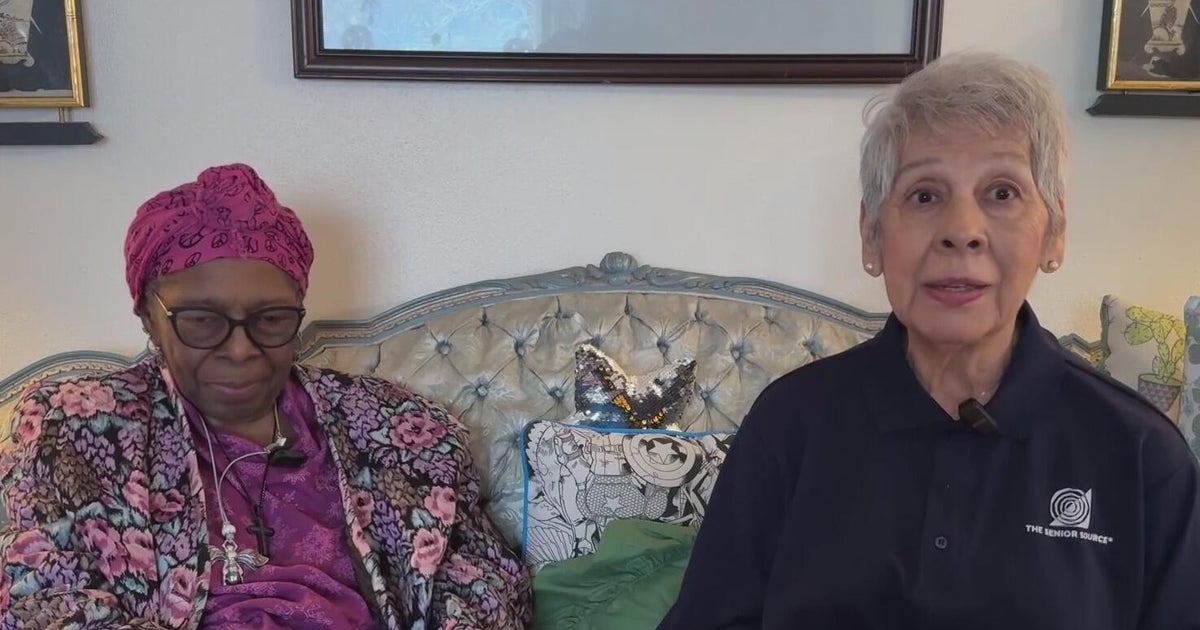Should you plan a sick day in case of COVID-19 vaccine side effects?
Every U.S. adult will soon be eligible for the COVID-19 vaccine, which promises to protect people against the virus and also reduce employee absences from work due to illness.
In the near term, however, employers could face a slew of paid time off requests from the millions of individuals scheduled to receive the jabs. President Joe Biden this week called for all American adults — including professionals of all ages across diverse industries — to be eligible for a shot by April 19.
Experts say that will help push the country closer to so-called herd immunity. But the side effects that some people report might require workers to take a day or two off work to recover. The Centers for Disease Control and Prevention said the vaccine can cause pain and swelling at the injection site, fatigue, chills, muscle aches, nausea and fever. By contrast, some individuals experience no side effects.
"People should expect they may need 24 to 48 hours off of work, but some people feel nothing," Dr. Neeta Ogden, an internal medicine specialist and immunologist, told CBS MoneyWatch. "So depending on what kind of job they have, their employers should know this is a possible side effect."
Data from v-safe, a CDC record-keeping system that tracks vaccine recipients' reactions, shows that at least 70% of participants reported an injection site reaction after both doses. Fifty percent of participants reported wider systemic reactions, affecting other parts of the body after their first shots, while 70% reported other symptoms after their second shot.
Because it's hard to know how you'll react, health experts recommend asking for time off from work and other duties following vaccination appointments, or scheduling inoculations on a Friday in order to have the weekend to recover.
Kamala Harris slowed
Should you begin to feel tired after a vaccine shot, fear not. Reactions such as fatigue and arm pain are normal indications that the body is mounting an immune response to build protection against COVID-19, according to the CDC. Still, the side effects can hinder one's ability to perform job-related activities for up to 48 hours after an injection is administered, according to health experts.
Even U.S. Vice President Kamala Harris said she had to ease up on her schedule to cope with side effects the day after she received her second shot of the Moderna vaccine, one of the three COVID-19 vaccines currently authorized by the Food and Drug Administration.
"The first dose, I was fine. The second dose, I thought I was fine. I got up early in the morning, went to work and then midday I realized, yeah, I might need to slow down a bit," Harris said during a visit to a pharmacy in Southeast Washington, D.C., in February.
One shot or two?
Both the Pfizer-BioNTech and Moderna vaccines require two shots, and second doses tend to cause more significant side effects, according to the CDC. Pfizer's doses are given 21 days apart, while a waiting period of 28 days is required between the first and second Moderna shots. The Johnson & Johnson vaccine only requires one shot for optimal protection against the virus.
The CDC recommends against preemptively taking painkillers as they could dampen the vaccines' efficacy. For some, the side effects could mean spending an uncomfortable day in bed, and possibly missing work.
"It's a good idea to listen to your body's needs and rest if it's calling for it, or work more slowly and take on less responsibility if you do need to be at work," Ogden added.
Ogden encourages employers to be flexible with employees so they're not discouraged from getting vaccinated — a potential risk for some workers if they feel like they have to choose between their paycheck and dealing with the shot.
"Have that messaging in place in advance as eligibility opens up, so people feel that won't be an issue," she said.
Also, if employees feel up to the task, working through pain or discomfort won't hurt the vaccine's effectiveness, Ogden added.
Requesting time off
While the CDC recommends that companies give employees paid sick leave if needed for COVID-19 vaccine recovery, it is not required by federal law.
The American Rescue Plan Act, signed into law in March, also stops short of requiring paid leave for COVID-19 immunizations. But it does provide tax credits to employers that offer time off.
"Many employers are providing paid leave for COVID-related reasons, including for vaccination, and some companies are even doing it to incentivize people to get the vaccine," said Amber Clayton, director of the Knowledge Center at the Society for Human Resource Management.
Clayton urges employees to read up on their employers' policies. "Either they provide paid leave, or employees will have to use their own and make a determination as to whether or not they should take the following day off."
Jonathan Hyman, an employment and labor attorney at Wickens Herzer Panza, said employees should prepare for the "possibility that you will have 24-48 hours of side effects after the vaccine, and they could potentially be fairly significant."
Employers should also be sure they aren't inadvertently creating barriers to workers getting vaccinated.
"If you have an employee who is living paycheck to paycheck and doesn't have paid time off, and the only vaccine appointment they can get is at 1 p.m. on a Wednesday, do we really want them choosing between their paycheck or getting a vaccine that's going to keep them safe and healthy?" Hyman asked.



